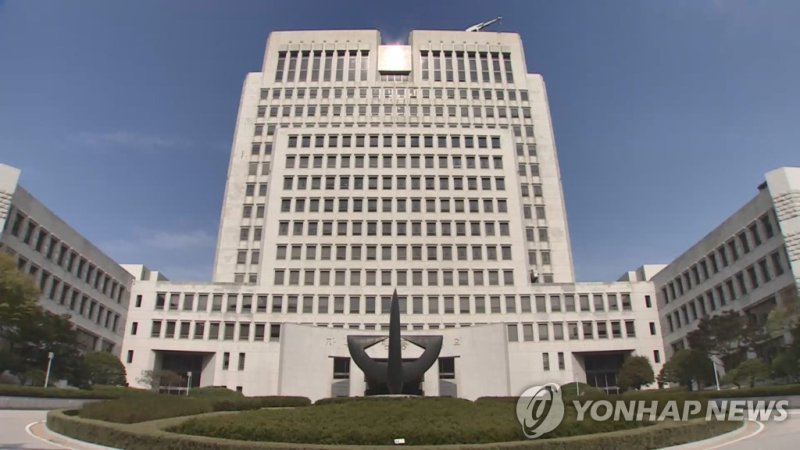Supreme Court of Korea Rules That Blocking a Neighbor’s Doorway with Belongings Constitutes Unlawful Confinement
- Input
- 2025-11-18 13:54:35
- Updated
- 2025-11-18 13:54:35

[Financial News] The Supreme Court of Korea has ruled that deliberately stacking furniture and other items in front of a neighbor’s door, thereby obstructing passage, can be considered 'unlawful confinement.' The Supreme Court’s second division, presided over by Justice Kwon Young-jun, recently upheld a lower court’s decision to fine a man in his 70s, referred to as A, 300,000 won for unlawful confinement.
A was brought to trial for blocking the entrance to the home of his neighbor, a 78-year-old woman identified as B, by piling up a desk, table, flowerpots, and a drying rack in front of her door at a multi-family residence in Gwanak District, Seoul, in April last year. A had a habit of leaving his belongings in shared spaces, which had previously led to disputes with B. After B filed a complaint about the inconvenience caused, A, harboring resentment, placed heavy objects in front of her door, according to the investigation.
B reported that various items were stacked up to her height, forcing her to step on flowerpots to leave her home or climb over the shoe cabinet to enter, which sometimes caused her to fall.
The court of first instance acquitted A of unlawful confinement, noting that passage was still possible. The court stated, "While it is acknowledged that the defendant’s actions made it somewhat difficult for the victim to leave her residence, there is insufficient evidence to conclude that it was impossible or extremely difficult for her to exit the building."
However, the appellate court found A guilty, stating, "The victim, an elderly woman, had to climb over the piled items to leave her home, which involved significant risk. The defendant is therefore deemed to have had at least implicit intent to unlawfully confine her." The court further explained that unlawful confinement is established not only when a person is physically or tangibly prevented from leaving a certain area, but also when psychological or intangible barriers make it impossible.
A appealed the decision, but the Supreme Court of Korea dismissed the appeal and upheld the original sentence.
hwlee@fnnews.com Lee Hwan-joo Reporter